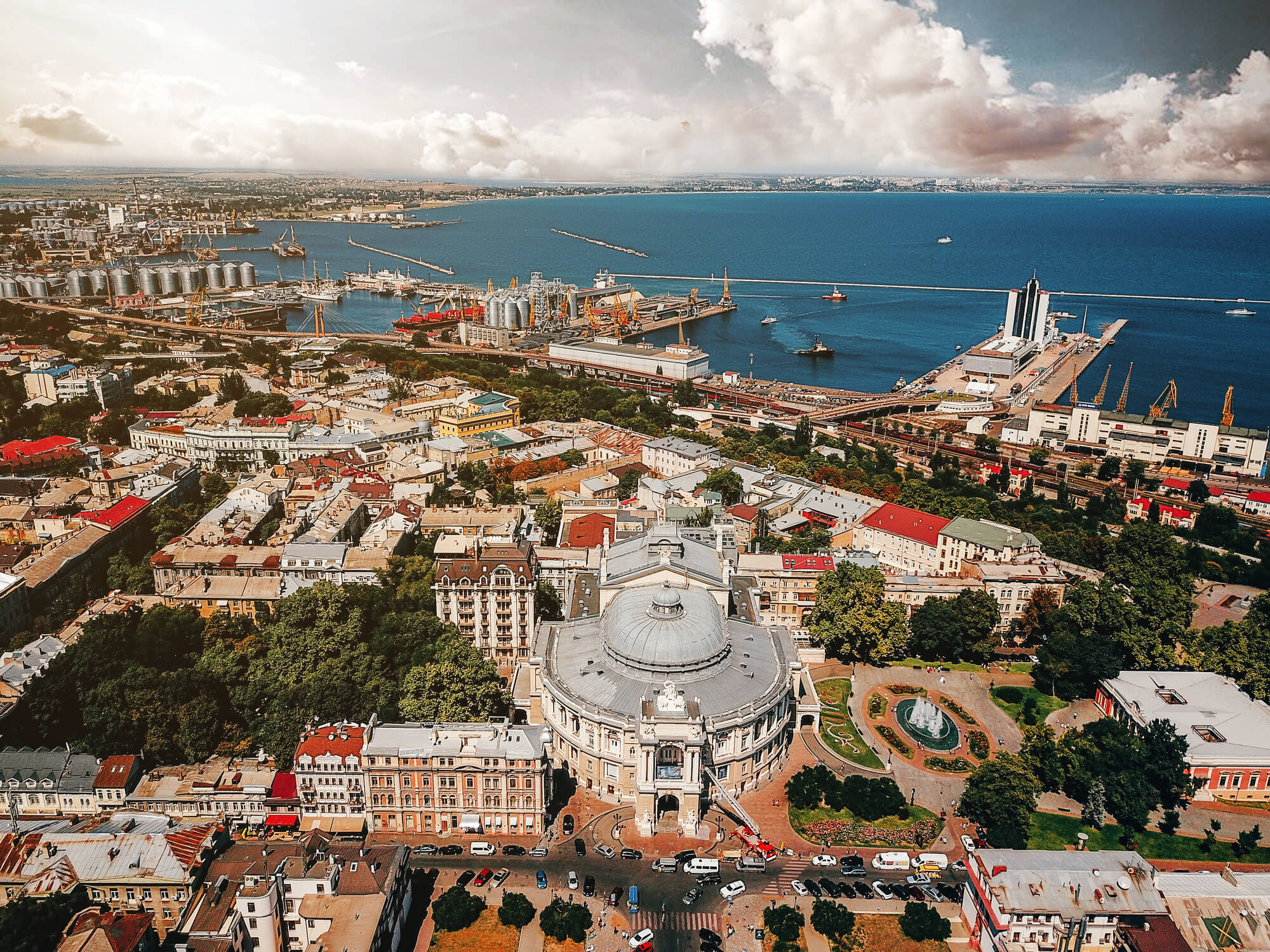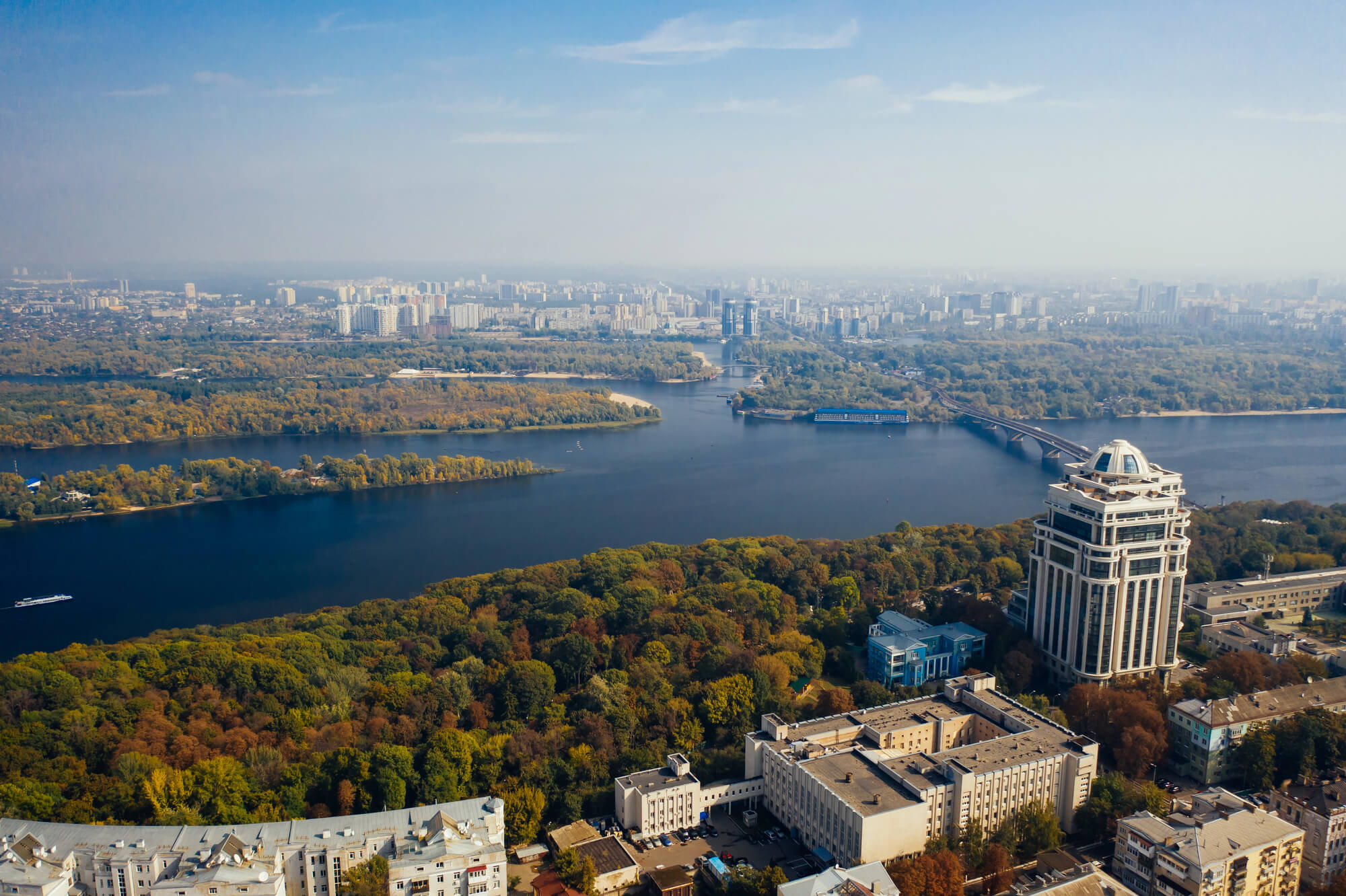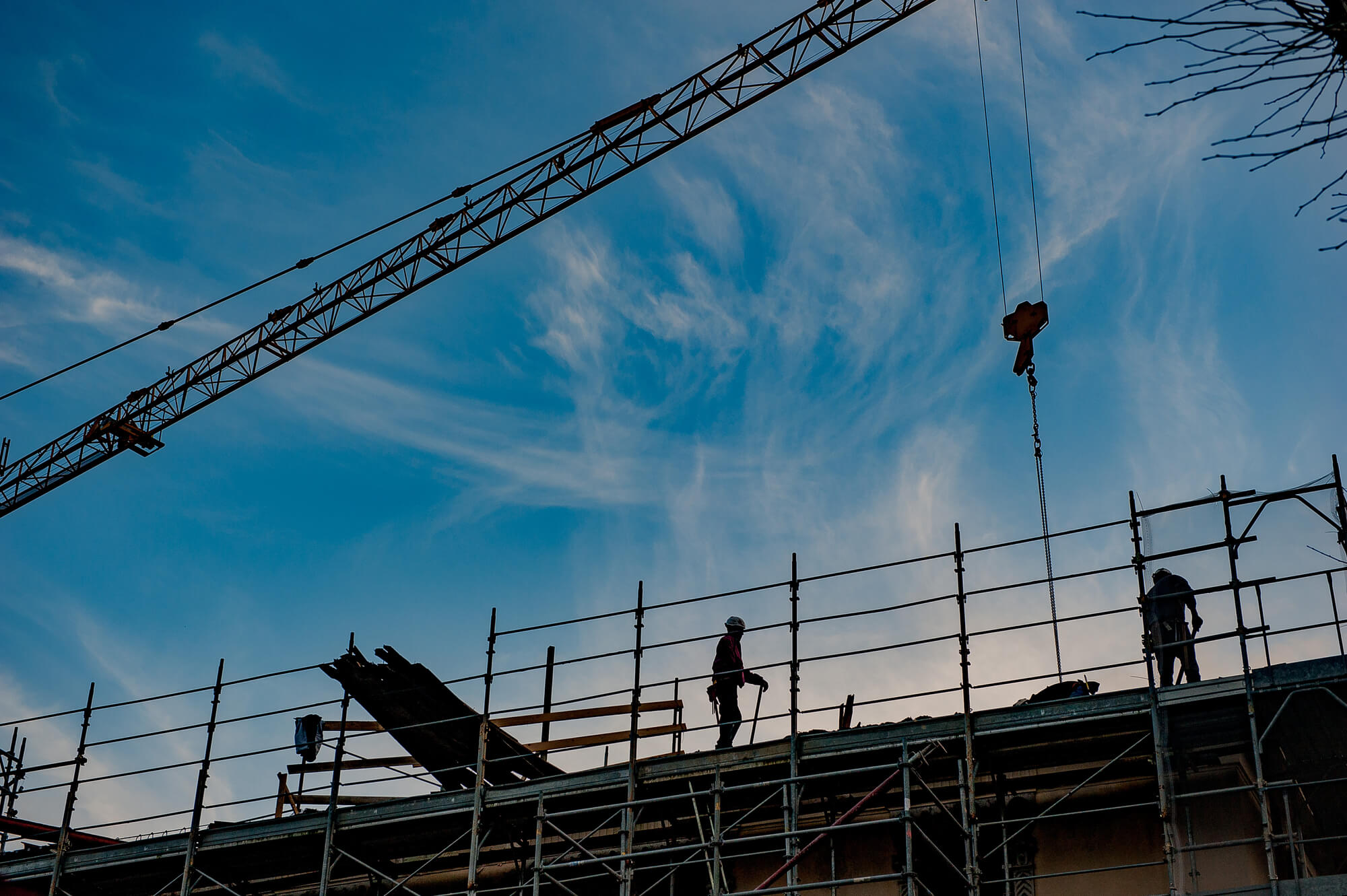The immediate postwar period is usually a critical juncture for the long-term future of a country. This column argues that Ukraine must strive to become a full-fledged liberal democracy, with all the institutional safeguards, as soon as the Russian invaders have been defeated, and identifies priorities for the country’s institutional reconstruction. The absolute priority should go to judicial reform, but Ukraine also needs to prevent the re-emergence of oligarchs and well as reforming the media and other institutions.
More articles about rebuilding:
Directly after the beginning of the Russian invasion of Ukraine on 24 February 2022, CEPR published a proposal for a ‘Marshall Plan’ for the Reconstruction of Ukraine (Becker et al. 2022). A few months later, a more detailed and comprehensive plan for the reconstruction of Ukraine was published (Gorodnichenko et al. 2022), in which we wrote a chapter on the needed governance reforms in post-war Ukraine. In this column, we present some of the main ideas.
The 2014 Euromaidan ‘Revolution of Dignity’ showed a clear will of an important part of the Ukrainian population to resolutely break with the remnants of the country’s Soviet past and transform it into a prosperous democracy and a member of the EU. Many reforms were implemented between 2014 and 2021, some with great success (decentralisation, fiscal discipline and budget process, macroeconomic stability, banking sector, public procurement, police, military, land market), others with more uneven success, in particular in the fight against corruption and the power of the oligarchs (many monopolies are still in place, judicial reform has not really yet taken place). Russia’s invasion on 24 February changed things completely – what seemed unlikely before the war is now within reach. Ukraine is now a candidate to join the EU. Those who fought for a truly democratic Ukraine now see the chance for even more radical reforms of the country’s governance.
The immediate post-war period is usually a critical juncture for the long-term future of a country. Institutions established then will have inertia. Ukraine must therefore strive to become a full-fledged liberal democracy, with all the institutional safeguards, as soon as the Russian invaders have been defeated. One must prepare for that while the war is still raging. This is not an easy goal to achieve. During the war, all resources are mobilised towards the single goal of military victory. Reconstruction will involve multiple goals across time and space, but there will still be the need for speedy decisions, especially on the reconstruction of physical infrastructure. How can the need for speed in reconstruction be reconciled with the need for establishing a full-fledged democracy compatible with EU membership?
The post-WWII experience gives us some clues about how to do this. It can be done in the interaction between the European-led Ukrainian Reconstruction and European Integration Agency (UREIA) (Becker et al. 2022) and the Ukrainian government and society, recognising that Ukraine must ‘own’ the reconstruction. UREIA should be responsible not only for the allocation of aid resources but also for Ukraine’s process of integration into the EU. UREIA will need to be accountable but also have operational autonomy to operate quickly and efficiently.
UREIA should regularly monitor Ukrainian progress, not just through checklists but through regular evaluations. It should provide help when Ukraine’s democratic decision-making threatens to descend into a stalemate.
What, then, should be the priorities in the institutional reconstruction of Ukraine?
The priority of judicial reform
The absolute priority should go to judicial reform. Ukraine cannot become a full-fledged democracy without the rule of law and a well-functioning judiciary. There are many difficulties in judicial reform: training judges takes time and is costly, and training must be done by fully non-corrupt experts, of which there are too few in Ukraine. Those were important problems in the post-Maidan years, but the war has facilitated conditions for successful judicial reform. First, there will be much more international legal help via UREIA. The war has brought so much destruction that a higher price can be paid to introduce the rule of law fully. Moreover, many important judicial decisions need to be taken a right after the war:
- Punishing collaborators with Russia in special tribunals needs to be fast but must respect fundamental principles of fair justice. The example of post-WWII in Western Europe shows the way.
- The operations of UREIA will need the involvement of the Ukrainian judiciary (enforcement of decisions and contracts, adjudicating disputes).
- The rule of law is fundamental to avoid an ‘illiberal democracy’. Expectations of the rule of law among the population will be fundamental for it to work well.
Reconstruction of Ukraine’s judiciary apparatus must be done top-down with help from international experts. Here, the example of Ukraine’s Higher Anti-Corruption Court is useful since international experts have been helping to select competent and non-corrupt judges. Amazingly, a lot of critical work on judicial reform has been done during the war. We believe and hope that this work will continue unimpeded, despite major resistance. The war and the immediate post-war period are ideal times to weaken and overcome this resistance.
Preventing the comeback of oligarchs
Despite many efforts by Ukrainian civil society, oligarchs have maintained strong political and economic power after the Euromaidan. The war has completely changed all this. Oligarchs have lost many assets destroyed by the war and have also lost their political influence. The government started a de-oligarchisation reform about one year before the war. This work continues during the war, including recent legislative actions and sanctions against pro-Russian oligarchs like Medvedchuk. The power of oligarchs, especially those with fewer ties with Russia, may change again once Russia is defeated. In particular, once the new parliament is in session, there is a danger that the oligarchs will try to capture some of the new MPs. In order to prevent the comeback of oligarchs, it is important to strengthen the anti-oligarch laws voted on in 2021 and, most importantly, make sure the laws are fully implemented via the reformed judicial apparatus. Two other important complementary policies are important to achieve this goal. First is the implementation of a rigorous and effective competition policy. Conglomerates should be broken up, and the powers of the Anti-Monopoly Committee should be strengthened. Donor conditionality is an important lever here. Second, party finance reform is crucial to prevent oligarchs from using their money to buy political influence.
Media reform
Media capture by oligarchs and billionaires has been a threat to democracy in the last decades. This is a global problem and, thus, also a relevant one for Ukraine. It is clear that in the internet age, one cannot return to old-style government ownership or a limited number of media. A competition policy will not be enough to solve the issue, given that information is a public good. Some very good ideas on media reform have been formulated, for example, by Julia Cagé and coauthors: giving more power to journalists (including free expression and right of veto over takeover) within media companies; transparency over real owners of media companies; and giving publicly funded media vouchers to citizens to improve citizen involvement in the media market (Cagé 2016, Cagé et al. 2019, Cagé and Huet 2021).
Other institutional reforms
Transforming Ukraine into a stable democracy will require reinforcing the separation of powers between the executive and legislative branches of government. The powers of the president should not be increased. There is a need to strengthen the Ukrainian party system and for stronger party discipline to strengthen the legislature’s power.
Civil service reform needs to be continued by improving digitalisation, professionalization, and transparency along the lines of the last few years.
The drive towards decentralisation needs to continue. Local governments should not only be able to raise their own taxes but also raise funds from donors, participate directly in project submission to the UREIA without using central government channels, and even be helped and encouraged by the agency to submit their own reconstruction projects.
To conclude, the horrible war inflicted by Russia on Ukraine has brought enormous destruction, death, and devastation. The heroic resistance of the Ukrainian people is a fight to defend all democracies. Once victory is achieved, Ukraine deserves to get all the help it needs not only to rebuild the economy but also to rebuild its institutions to transform the country into a prosperous and stable democratic part of the EU, fulfilling the dreams of all those who fought (and died) for this goal.
References
Becker, T, B Eichengreen, Y Gorodnichenko, S Guriev, S Johnson, T Mylovanov, K Rogoff and B Weder di Mauro (2022), A Blueprint for the Reconstruction of Ukraine, CEPR Press..
Cagé, J (2016), Saving the Media. Capitalism, Crowdfunding and Democracy, Harvard University Press.
Cagé J, J Gans, E Goodman, B Knight, A Prat, G Rolnik and A Schiffrin (2019), Protecting Journalism in the Age of Digital Platforms, Stigler Center, University of Chicago Booth.
Cagé, J and B Huet, (2021) L’Information est un Bien Public. Refonder La Propriété des Médias, Editions du Seuil.
Gorodnichenko, Y, I Sologoub and B Weder di Mauro (2022), Rebuilding Ukraine: Principles and Policies, CEPR Press.
Mylovanov, T and G Roland (2022), “Ukraine’s Post-War and Governance Reform” in Gorodnichenko et al. (ed.) Rebuilding Ukraine: Principles and Policies, CEPR Press.
The article was first published by CEPR
Attention
The authors do not work for, consult to, own shares in or receive funding from any company or organization that would benefit from this article, and have no relevant affiliations




